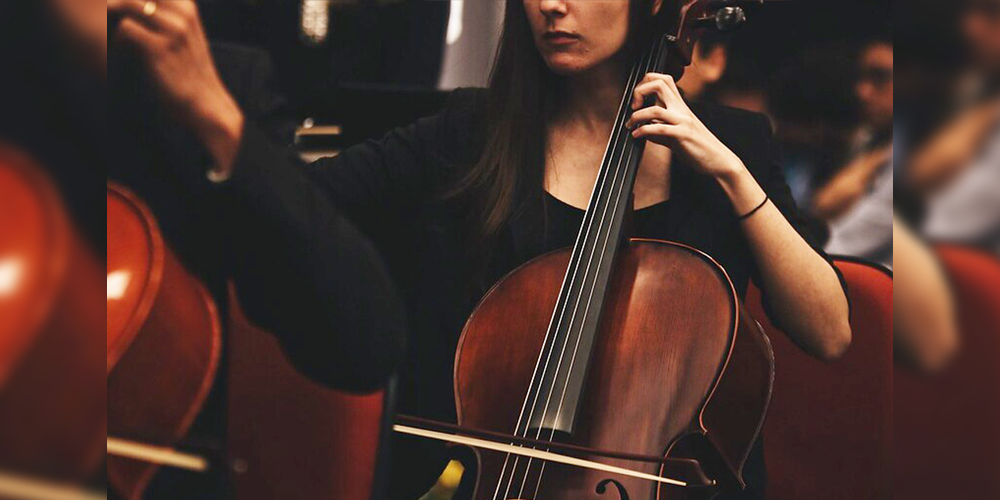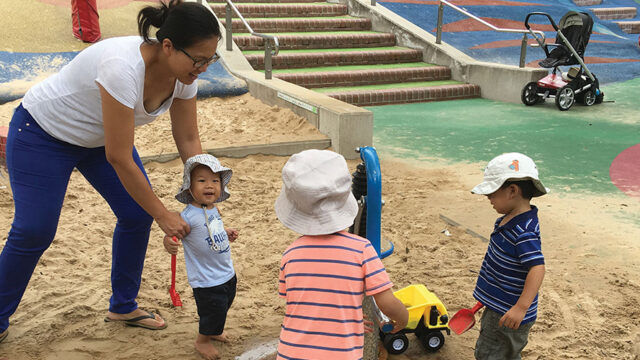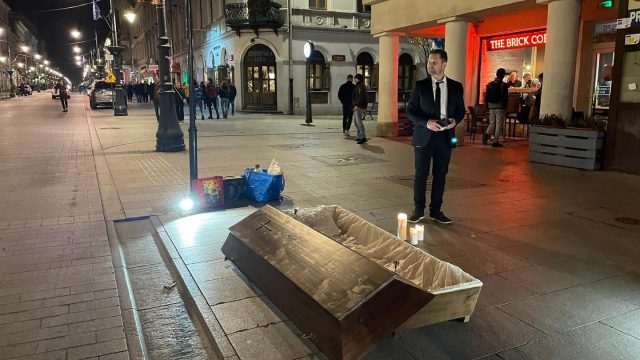Initiative treats professionals and amateurs with workshops, concerts, and lectures.

For 28 years, Seventh-day Adventist musicians across Brazil have met to learn, exchange experiences, and discuss how to apply their expertise to a church and religious setting. In 2021, however, the annual event was held virtually. In 2022, once again, the auditorium and classrooms of Brazil Adventist University in Engenheiro Coelho, São Paulo, became videoconference spaces to host a new edition of the event.
The event kicked off on January 11 and will continue for five days. The program includes lectures, performances, and workshops ranging from basic information for singers and instrumentalists to children’s music, orchestra music, and vocal techniques.
Organizers said that moving online has increased the potential of more Adventist musicians participating in the event. “It was surprising how every participant was able to exchange experiences with other students and with instructors,” organizer Ellen Stencel said, referencing the 2021 edition.
The contents of the program have not changed when moving online, Stencel said. “We kept the workshops, the lectures, and the performances, even if they were pre-recorded,” she explained.
The 2022 edition of the event includes a renewed focus on Hinário Adventista, the Portuguese equivalent of the Seventh-day Adventist Hymnal. “We are trying to motivate the use of the hymnal for Adventist worship and religious services,” Stencel said. A new edition of the Hinário is slated for publication later this year.
Contribution to Adventist Music
After almost three decades, the annual gathering of Adventist musicians has brought inspiring stories of mentorship and support to the forefront. “Three years ago, we began to collect stories of some of the fruits of these gatherings,” Stencel said. “We found out that these meetings have resulted in new music ensembles in some regions. We also heard about children who used to come with their parents to the annual gathering and, years later, decided to study music and become composers.”
For Stencel, another benefit is that teachers who participate can become newly acquainted with what is going on in local churches on the musical front. “The event has an educational edge,” she said. “Teachers can learn new strategies, new ways of sharing what they know, and more about musical composition and arrangements.”
Benefits for the Local Church
South American Division (SAD) youth and music director Carlos Campitelli emphasized how important it is for music leaders at local churches to keep studying and improving. “No doubt, the role of the local church music director is of utmost importance,” he said. “It is the reason gatherings such as this are essential to help them exchange experiences, learn new methods, and work on their gifts,” he said.
Beyond their artistic expertise, worship is a crucial element in the service Adventist church musicians provide, Campitelli explained. “When we worship, we are providing a spiritual service to God. To worship is to serve God, acknowledging all that He has done, does, and will do for us,” he said.
In addition to personal worship and the use of individual talents, congregational praise is a critical element of church worship, Campitelli added. “If practiced correctly, congregational worship becomes a clear and powerful incentive to enjoy a religious experience in which every worshipper can feel excited, edified, and strengthened.”
The original version of this story was posted on the South American Division Portuguese-language news site.








